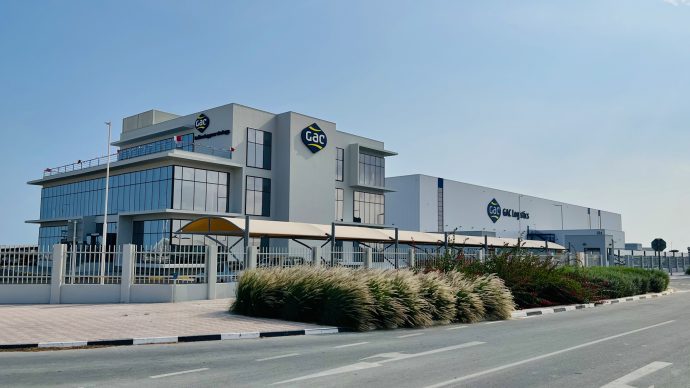The old order of mono-economies anchored in natural gas and crude oil is fading, as the drive to embrace more environmentally-friendly energy sources continues. Qatar is now writing a new narrative - one that embraces sustainability, diversification and a shift towards alternative sources.
Historically, fossil fuels have been the backbone of the country’s economy - and they still dominate. In 2022, mineral fuels worth over US$95 billion represented 87.7% of Qatar’s total exports in 2022, and it ranked as the world’s third largest exporter of natural gas - over 125 billion cubic metres.

But plans are afoot to reduce that dependence on fossil fuels. The country has set the target of deriving 20% of its electricity from renewable sources by 2030, with the overarching goal of reaching net-zero carbon by 2050. And this focus on renewable energy and offshore development forms the linchpin of its energy diversification efforts.
Realising the potential of renewable energy will take significant investment. The Qatari government opened up the Al Kharsaah solar energy plant made up 1.8 million solar panels in October last year, and it is now set to generate around 2 TWh of electricity per year. A further US$630 million investment has been pledged for two more solar plants in Mesaieed and Ras Laffan industrial cities with a combined peak capacity of 880 MW, planned for early next year.
Local expertise, global outlook
To achieve those ambitious goals, local expertise and a global outlook must play a key supporting role – and that’s where GAC Qatar comes in. Deeply embedded in servicing the country’s maritime industry whilst collaborating with sister sites across the Middle East, GAC Qatar boasts an unrivalled understanding of the Gulf's customs, culture, and developmental history, particularly in the realm of energy.
We combine our decades of local know-how with the GAC Group's international reach and resources. That rich experience means we are well equipped to help customers navigate the complex network of regulations and customs rules that govern Qatar's operational landscape.
We tailor our integrated shipping, logistics and marine services to the country’s unique needs, drawing on our expertise and experience to adapt to new projects as a partner in Qatar’s pursuit of energy diversification. In 2020, GAC Qatar obtained an Environment Ministry license in 2020 to use HullWiper to provide safe and green hull cleaning solutions at the country’s ports and anchorages.
We have supported Qatar’s LNG sector for many years, and that continues today as customer demand grows. We secured two new contracts which will enable us to support a greater increased volume of LNG port calls over the next two years as the country ramps up production. The experience gained from that business will stand us in good stead as the transition is made to renewable energy, with many of the essential shipping and logistics support services required for oil and gas projects also needed for offshore wind and other sustainable initiatives.
Eye on the future
GAC Qatar is taking concrete action to reduce the environmental impact of its own day-to-day activities.

Its newest contract logistics facility and office building was built with sustainable materials to Global Sustainability Assessment System (GSAS)-certified standards. Water is reclaimed from condensation for re-use, fuel-efficient trucks are used and there are plans to install solar panels on the warehouse roof.
Challenges and potential
The winds of change bring with them their own turbulence, and Qatar's road to net zero will not without its difficulties, especially as the energy and offshore support sectors are highly competitive.
But we view the challenges as opportunities to further enhance our operational efficiency and deliver innovative solutions for our customers. Our current priorities include strengthening the team to handle upcoming energy volumes efficiently and developing their dry and general cargo businesses.
The GAC Qatar team’s commitment to delivering excellence and adapting to industry trends ensures it will remain at the forefront of the country’s efforts to embrace a sustainable future.